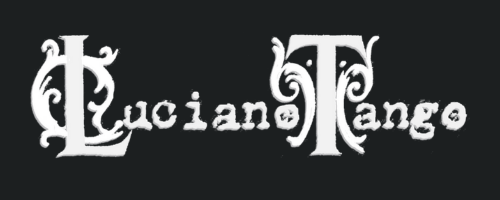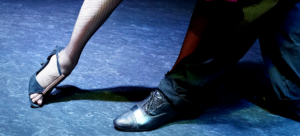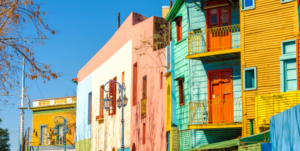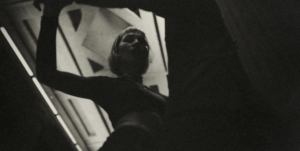The Milonga Genre and Dance Venue
The term milonga refers to both a spirited, rhythmic musical genre and the social event where tango is danced. As events, milongas are social gatherings where tango aficionados meet to dance and socialize. These events vary in size and formality, ranging from intimate meetings in local bars to grand events in dance halls.
Codes of the Milonga
Tandas and Cortinas
A distinctive feature of a milonga is the structure of tandas and cortinas. A tanda comprises three to four songs from the same orchestra or style, danced consecutively with the same partner. Tandas are separated by a cortina, a brief musical interlude lasting about 30 seconds to a minute, during which dancers return to their seats and may change partners. A typical milonga night alternates tandas of tango, vals criollo, and milonga.
Dance Floor Direction and Seating Arrangement
In a milonga, dancers follow a counterclockwise direction on the dance floor, known as tango pista. This flow allows dancers to move smoothly without collisions. Chairs and tables are usually arranged around the dance floor, enabling dancers to observe and be observed. This setup also facilitates the cabeceo, a non-verbal cue used to invite someone to dance.
Milongueros and Milongueras
Participants in a milonga are referred to as milongueros (men) and milongueras (women). These terms not only describe the dancers but also reflect a dedication to the art of tango and the milonga community. Milongueros and milongueras typically respect the codes and traditions of the milonga, contributing to the order and harmony on the dance floor.
The Global Presence of Milongas
Although milongas originated in Buenos Aires, they are now found in almost every city worldwide. In Spain, for instance, there is a vibrant community of tango dancers who regularly participate in milongas. These communities keep the traditions of Argentine tango alive, allowing people of all ages and skill levels to enjoy this beautiful social dance.
The Practilonga: A Space to Learn Milonguear
If you’re interested in learning to dance tango and experiencing the magic of a milonga, our tango classes are the perfect place to start. At Luciano Tango Academy, we not only teach the movements and styles of tango but also organize practilongas. These private milongas are designed for our students to practice in a controlled and comfortable environment before venturing into public milongas. With guidance from our instructors and support from a welcoming community, you’ll learn to move with confidence and grace on the dance floor.
Join us and discover the captivating world of Argentine tango. We look forward to sharing our passion for tango with you in our classes and practilongas!





